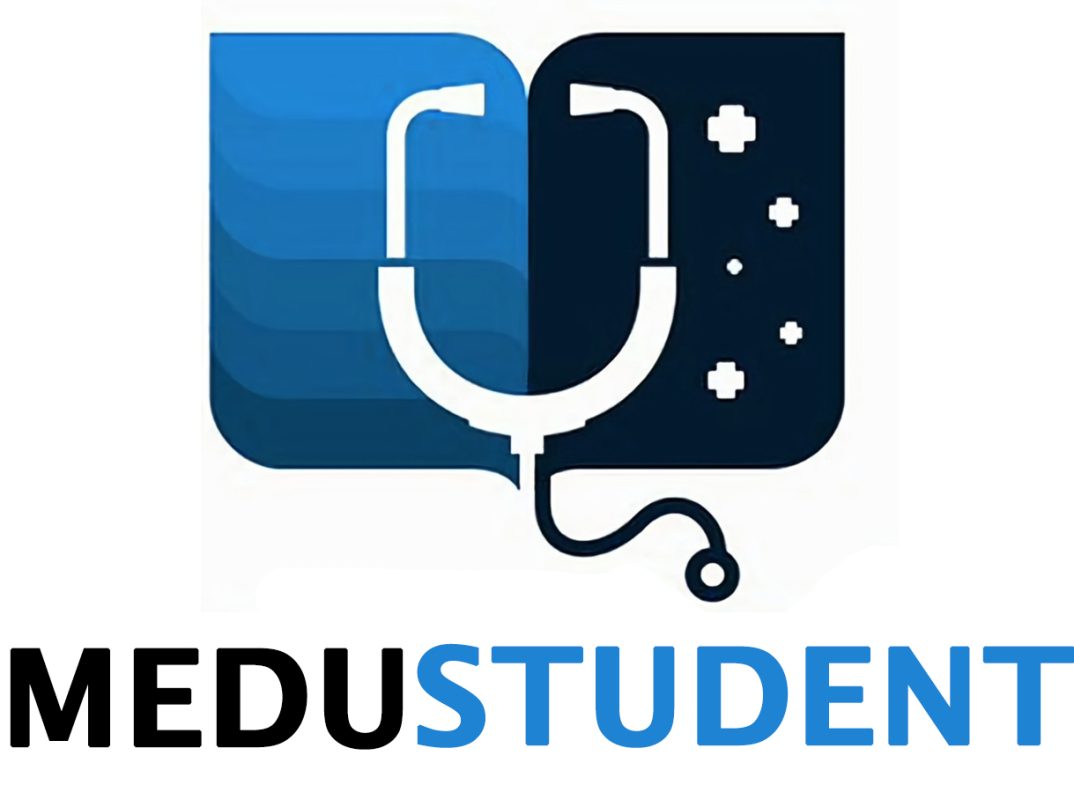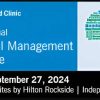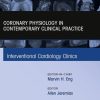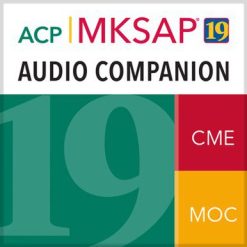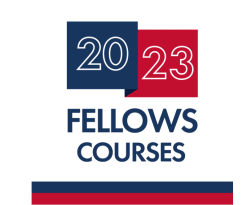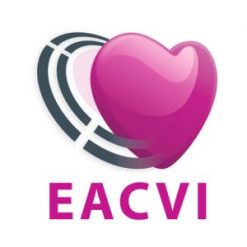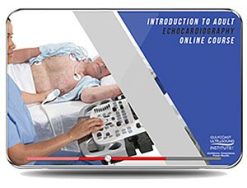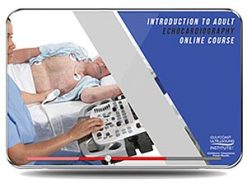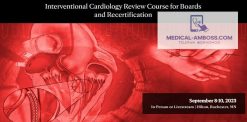NYU Langone Health 9th Annual Dietary and Lifestyle Strategies for Cardiovascular Risk Reduction 2024
$20,00
This Product is shared via google drive download link, So please share your correct Gmail id while placing the order .Please note that there are no CME points or certificate associated with this course Samples for Courses Can be found here : Free Samples Here!
Include: 1 video + 12 pdfs, size: 12.9 GB
NYU Langone Health 9th Annual Dietary and Lifestyle Strategies for Cardiovascular Risk Reduction 2024
Include: 1 video + 12 pdfs, size: 12.9 GB
Target Audience: cardiologists, internists, general and family practice
Information:
NYU Langone Health, 550 First Ave New York, NY United States
November 14, 2024 7:30 AM – 4:00 PM
November 14, 2024 7:30 AM – 4:00 PM
Course Description
- This conference focuses on dietary and lifestyle strategies to reduce risk for cardiovascular disease and related comorbidities, such as hyperlipidemia, diabetes, and hypertension. The course will highlight the latest clinical and scientific data for strategies to improve lifestyle factors for cardiovascular risk reduction and is designed to equip clinicians to help their patients achieve optimal cardiovascular health. The morning sessions will examine the data surrounding increasingly common approaches to eating – low carbohydrate/keto and “anti-inflammatory” diets in relation to cardiovascular risk. Expert faculty will share medical knowledge and the latest studies in areas of nutrition controversy including the consumption of alcohol and eggs.
- The course will take a deep dive into GLP-1 receptor agonists, covering the cardiovascular benefits, role in obesity management, nutritional considerations, and discuss the role of nutrition counseling for patients using GLP-1 receptor agonists. This course will help bolster the clinician’s approach to counseling patients on sleep hygiene, current approaches to sleep apnea treatment, and assessment of physical activity. Attendees will also learn how social and environmental barriers to health contribute to cardiovascular health disparities.
- A presentation on reimbursable shared medical appointments (a.k.a. group medical visits) focused on healthy behavior change will explore the benefits of this innovative care delivery model for improving long-term health, increasing patient access, and promoting provider joy. A presentation will explore the role of toxic metals on cardiovascular risk and share late-breaking results from TACT-2, a clinical trial assessing the impact of chelation therapy on cardiovascular events in patients with type 2 diabetes. Attendees will be educated on efforts to define Long COVID or post-acute sequelae of SARS-CoV-2 infection (PASC), highlighting a new point system, the impact of PACS on the cardiovascular system, and updates on the national RECOVER initiative. Didactic sessions, debates, and expert panel sessions provide different methods of engaging with the course content. Question and Answer sessions serve to encourage audience participation.
Educational Objectives
After participating in this activity, clinicians should be able to:
- Explain physiological short- and long-term impact of adherence to a low-carbohydrate/ketogenic diet and how to utilize this information when counseling patients
- Describe how the microbiome gut microbiome impacts obesity and cardiovascular disease and how to utilize this information when counseling patients
- Describe the current data surrounding red wine/alcohol and egg consumption for cardiovascular disease and how to best utilize this information when counseling patients
- Describe how novel weight-loss therapies can be appropriately prescribed to address obesity and reduce cardiovascular risk and how to counsel patients on nutritional considerations when taking the medications
- Describe how to integrate assessment of physical activity and exercise counseling into their practice
- Describe how the duration and quality of sleep effects cardiovascular disease risk and means to assess for and treat sleep apneas closely tied to multiple cardiovascular comorbidities
- Outline the potential benefits of virtual shared lifestyle medical appointments on an individual and community level to help combat chronic disease, including cardiovascular disease
- Describe the biobehavioral factors that contribute to cardiovascular disease disparities and identify strategies for healthcare professionals that support culturally inclusive practices while promoting health equity
- Describe key symptoms of long COVID and better evaluate patients who may be suffering from cardiovascular effects of post-acute sequelae of SARS-CoV-2 infection (PASC)
- Describe the impact of toxic metals on cardiovascular risk and the effectiveness of chelation therapy (EDTA) as a novel treatment to address cardiovascular risk in T2D patients
Target Audience
Cardiologists, internists, general and family practice and integrative medicine providers, endocrinologists, and any physician with an interest in cardiovascular risk reduction, advanced practice providers, medical trainees, nurses, dietitians, and other allied health care professionals with an interest in the prevention of heart disease
Topics:
- Agenda.pdf
- Biobehavioral Approaches to Address Cardiovascular Health Disparities.pdf
- Debate 2 Eggs Friend or Foe.pdf
- GLP-1 Receptor Agonists Is There Anything They Can’t Do.pdf
- GLP-1 Receptor Agonists Nutritional Considerations.pdf
- Long COVID’s Lasting Impact Understanding the Cardiovascular Connections.pdf
- Navigating Patient Preferences Strategies for Working with Keto and Low-Carb Enthusiasts.pdf
- Physical Activity Vital Signs.pdf
- Red Wine What’s the Data.pdf
- Strength in Numbers Harnessing Group Visits for Lifestyle Change.pdf
- The Gut-Heart Axis.pdf
- Toxic Metals and Cardiovascular Disease Risk An Update on the Trial to Assess Chelation Therapy (TACT 2).pdf
- November 14.mp4 ( 8 hours 27 minutes )
Related products
PULMONARY /RESPIRATORY
$30,00
$30,00
CARDIOLOGY
$20,00 – $55,00Price range: $20,00 through $55,00
$30,00
$15,00
$70,00
